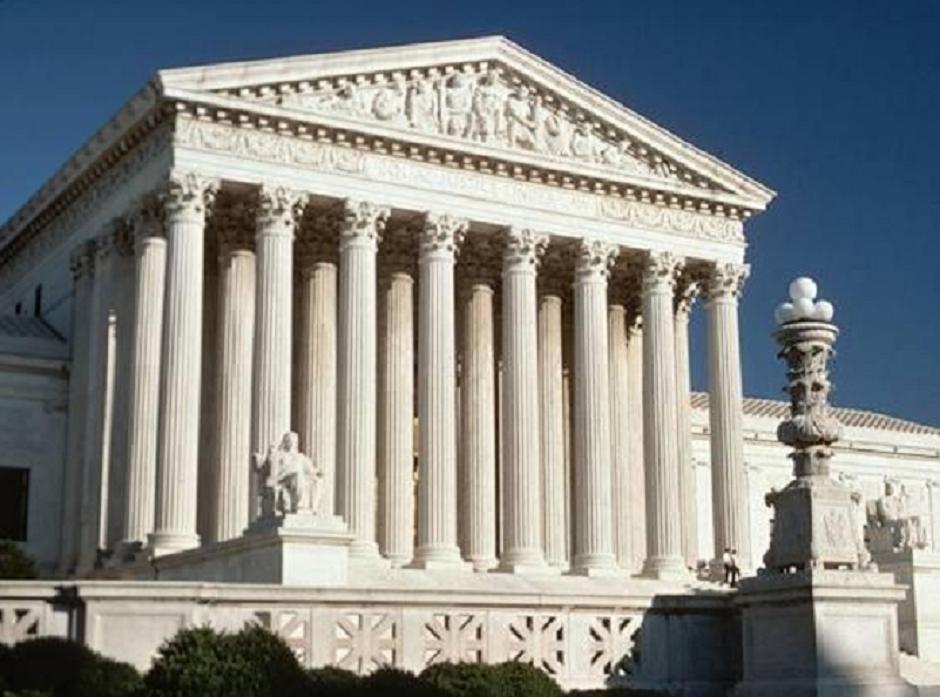Bork Reconsidered, Part I
 In my third year of law school, the speaker at our law review banquet was a Boston Globe reporter who talked about a book he was writing on the Robert Bork confirmation battle. I didn’t pay much attention to his speech, other than to complain loudly to all within hearing that a judge would have been a much more prestigious invitee than a reporter. Ethan Bronner’s book, Battle for Justice, came out the following year and has since been recognized as a classic treatment of the modern Supreme Court nomination process.
In my third year of law school, the speaker at our law review banquet was a Boston Globe reporter who talked about a book he was writing on the Robert Bork confirmation battle. I didn’t pay much attention to his speech, other than to complain loudly to all within hearing that a judge would have been a much more prestigious invitee than a reporter. Ethan Bronner’s book, Battle for Justice, came out the following year and has since been recognized as a classic treatment of the modern Supreme Court nomination process.
The nomination of Judge Sonia Sotomayor provided me with a convenient excuse to reread Bronner’s treatment of the Bork confirmation debate and to consider whether the lessons learned during that experience have any application to the Obama Administration’s first Supreme Court nominee. The first, and most obvious, conclusion is that extreme rhetoric about the nominee has become an accepted tactic by the opponents of the party in power. Senator Edward Kennedy’s denunciation of “Robert Bork’s America” as a land where women are forced to seek back-alley abortions and lunch counters are re-segregated will rightly be remembered as the low point in a long political career. Similarly, the former Speaker of the House, Newt Gingrich, has had his reputation irrevocably damaged by his casual labeling of Judge Sotomayor as a “racist.” However, in both cases, the extreme rhetoric served the larger purpose of energizing the base against a nomination and simultaneously engaging the attention of the public at large by raising the stakes of the confirmation.

 The Supreme Court managed to reach a unanimous decision today in a death penalty case,
The Supreme Court managed to reach a unanimous decision today in a death penalty case,